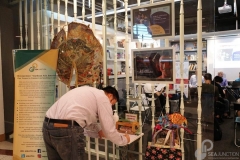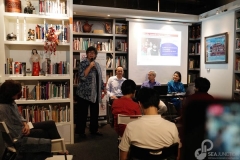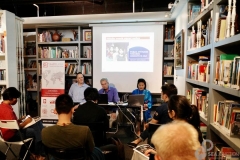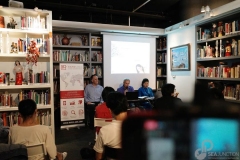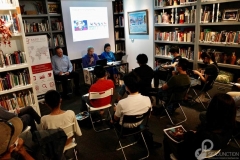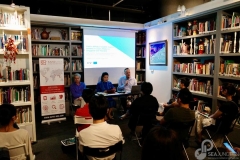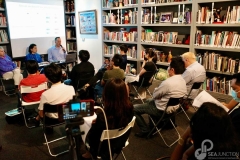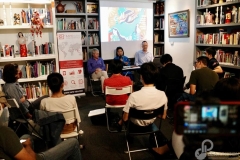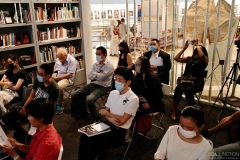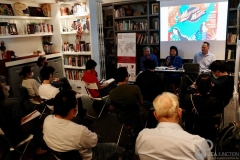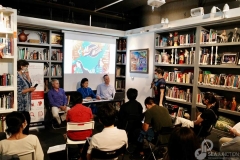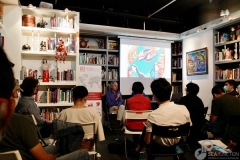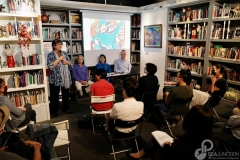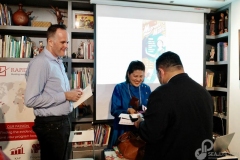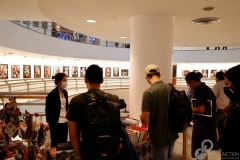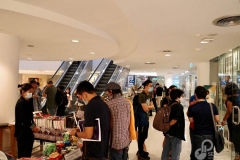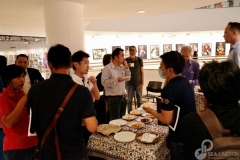Brief Description
On Wednesday, 4th November 2020 at 4 PM – 5:30 PM, SEA Junction in collaboration with ILO and Rapid Asia held a public discussion of the report entitled “Public Attitudes towards Migrant Workers in Japan, Malaysia, Singapore, and Thailand”.
International migration has become increasingly intense over the past few years, with more and more women and men moving abroad for work. Some governments, especially in ageing societies, are opening doors to migrant workers and concurrently looking at programmes to support multiculturalism while others are reforming or creating labour laws for domestic workers, applicable to both nationals and migrants. Yet, the public often views migrants negatively. To better understand the situation, in 2019, Rapid Asia carried out a major survey on attitudes towards migrant workers in four countries (Japan, Malaysia, Singapore, and Thailand). The study was conducted on behalf of the ILO and UN Women, and it tracks trends of attitudes against a similar study carried out in 2011. The findings indicated respondents in all countries held unfavourable attitudes towards migrant workers and attitudes had also worsened somewhat, with support for migrants declining in 2019.
The study also confirms that public support for migrant workers is primarily driven by the relationships and ties that individuals and communities develop with migrant worker communities. People who know and engage with migrant workers on a personal level are more likely to be supportive of their rights and to assist them in times of crisis. Polarization in views has increased, however, and people with limited or no interaction with migrant workers are less supportive than before. Alarmingly, positive attitudes among respondents who employ migrant domestic workers in their homes have also decreased, and at the same time, the migration experience also tends to be one where migrants are faced with discrimination based on gender, nationality, and other facets of identity.
To further explore these issues, the panel discussion at SEA Junction presented the main findings and discussed their implications for societies and migrants in the region.
Photographer
Lattapol Jirapathomsakul




